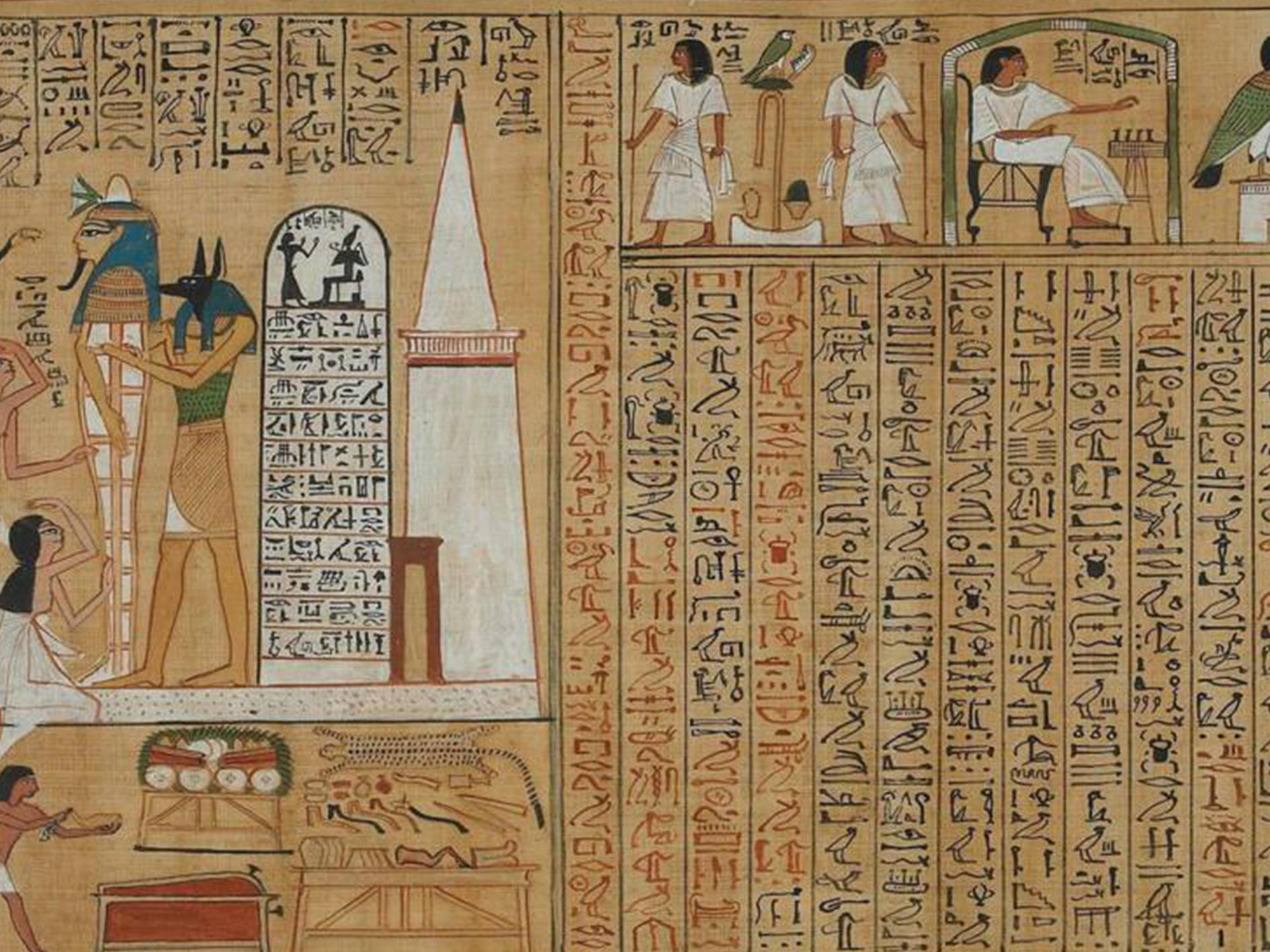What You Need to Know About Egyptian Etiquette and Customs

What You Need to Know About Egyptian Etiquette and Customs
Egypt is a country rich in history, culture, and tradition. As the birthplace of one of the world’s oldest civilizations, Egypt has developed a set of customs and etiquette that has been passed down through generations. For travelers, understanding these cultural norms is crucial for having a respectful and enriching experience in the country. Whether you’re visiting the Pyramids of Giza, cruising along the Nile, or exploring the bustling streets of Cairo, being aware of Egyptian customs and etiquette will help you engage with locals in a meaningful and respectful way.
For those planning a trip to Egypt, Matching Travels offers customized tours that will not only introduce you to the country’s iconic landmarks but also provide valuable insights into its cultural practices. This blog will guide you through some of the essential etiquette and customs in Egypt that will ensure you have a respectful and enjoyable visit.
1. General Etiquette: How to Interact with Locals in Egypt
In Egypt, hospitality is a deeply ingrained cultural value. Understanding how to engage with Egyptians respectfully can enhance your travel experience. Egyptians are warm and generous people, and often, visitors will be treated like family. However, it’s important to be aware of certain social norms to avoid misunderstandings.
Greetings and Personal Space
The typical greeting in Egypt is a handshake, especially among men. However, it is important to note that the handshake between men and women may be more reserved. In many cases, women may choose to offer a smile or a nod instead of extending their hand, especially if they don’t know the person well.
When meeting someone for the first time, it’s common to exchange pleasantries like “Ahlan wa sahlan” (Welcome) or “Salam Alaykum” (Peace be upon you). The response to “Salam Alaykum” is “Wa Alaykum Salam” (And upon you be peace).
Physical touch is generally avoided between men and women in public. A handshake or a friendly pat on the back may be acceptable between same-gender friends, but physical affection in public is uncommon.
Personal Space and Gestures
Egyptians tend to have a smaller personal space bubble compared to many Western cultures. When conversing with someone, especially in close quarters, expect to stand closer than you might be used to. However, be mindful of maintaining respectful distance when interacting with people of the opposite gender.
Additionally, be cautious of hand gestures. In Egypt, the “thumbs up” gesture is generally positive, but gestures like the “peace sign” can be seen as offensive if not performed with the palm facing outward.
2. Dress Code and Modesty in Egypt
Egypt is a predominantly Muslim country, and modesty in dress is highly valued, especially in religious settings or when visiting conservative areas. While Egypt is more liberal than some other Middle Eastern countries, it’s still important to dress conservatively, particularly for women.
Dressing Modestly
For both men and women, it is advisable to cover the shoulders and knees when visiting places of worship, including mosques. In more casual settings like restaurants or shops, dress codes are generally more relaxed, but it’s still a good idea to avoid wearing overly revealing clothing.
Women, in particular, should be mindful of their attire in rural or conservative areas, where wearing a dress or skirt that covers the knee, and covering the shoulders, is recommended. When visiting religious sites such as mosques or Coptic churches, women are also expected to cover their heads, which is typically done with a scarf.
The Climate Factor
Given Egypt’s hot climate, lightweight and breathable fabrics are advisable, especially in the summer months. However, as with all travel, it’s important to balance comfort with cultural respect. Matching Travels provides travelers with useful packing tips, ensuring that you dress appropriately while staying cool and comfortable during your tour.
3. Egyptian Dining Etiquette: What to Expect at the Table
Egyptian cuisine is a fusion of flavors, blending influences from various cultures and regions. When dining in Egypt, there are certain customs and etiquette that visitors should be aware of, especially in relation to food and mealtime behavior.
Sharing Meals and Food Rituals
One of the most important aspects of Egyptian dining etiquette is the communal aspect of meals. Sharing food is a common practice, and it’s considered polite to offer food to others. In fact, when dining with locals, it’s common for everyone to eat from the same platter or bowl, particularly in traditional settings.
If you’re invited to an Egyptian home for a meal, be prepared to eat with your right hand, as the left hand is considered unclean in Egyptian culture. While using utensils is acceptable in many restaurants, it’s also common for locals to eat with their hands, especially when enjoying dishes like koshari (a lentil and rice dish) or ful medames (stewed fava beans).
Accepting Food and Drink
It is considered polite to accept food and drink when offered, even if you’re not hungry. In fact, refusing hospitality can be seen as impolite. If you are offered tea or coffee, it’s customary to accept, as this is part of the generous spirit of Egyptian hospitality.
In many Egyptian homes, tea and coffee are served with sweets or pastries. Matching Travels tours can provide you with the opportunity to enjoy authentic meals at local homes, where you can learn about these customs firsthand.
4. Respecting Religious and Cultural Sensitivities
Egypt is home to both Muslim and Christian communities, and respect for religious practices is a cornerstone of Egyptian culture. Whether you’re exploring mosques, Coptic churches, or simply interacting with locals, understanding religious sensitivities will help you navigate Egypt’s diverse cultural landscape.
Prayer Times and Fasting
If you’re in Egypt during Ramadan, it’s important to be aware of the customs related to fasting. Many Egyptians fast from dawn until sunset, refraining from eating, drinking, or smoking. If you’re traveling during this time, it’s polite to avoid eating or drinking in public during daylight hours, particularly in the presence of those who are fasting.
It’s also important to be mindful of prayer times. Muslims pray five times a day, and you may notice the call to prayer (adhan) emanating from loudspeakers in the early morning and throughout the day. Many businesses and restaurants may close briefly during prayer times, so it’s a good idea to plan accordingly.
Visiting Religious Sites
When visiting mosques, churches, or other religious sites, it’s important to dress modestly, remove your shoes, and show respect for the space. Silence and a respectful attitude are essential, particularly in prayer areas.
For example, when visiting the famous Mosque of Muhammad Ali in Cairo or the beautiful Coptic churches in Alexandria, it’s important to follow any rules regarding photography and to be quiet and respectful of worshippers.
5. Tipping and Service Culture in Egypt
Tipping, or “baksheesh,” is a common practice in Egypt and is expected in many situations. While service charges are often included in restaurant bills, it’s still customary to leave an additional tip, especially for exceptional service.
Who to Tip and How Much
You should tip hotel staff, taxi drivers, and guides. For instance, hotel porters usually expect a small tip for helping with luggage, and taxi drivers may appreciate a tip, even if the fare is small. It’s common to tip a tour guide at the end of a tour, particularly if they’ve provided you with an enriching experience.
The typical tipping amount varies depending on the situation, but generally, it ranges from 5 to 10% in restaurants, or a few Egyptian pounds for smaller services. Matching Travels will provide you with practical guidance on appropriate tipping practices, so you feel confident and comfortable throughout your trip.
6. Egyptian Hospitality: What to Expect When Invited to a Home
Being invited to an Egyptian home is a true honor. Egyptians are known for their generosity and hospitality, and it’s important to understand the cultural expectations when visiting someone’s home.
Gift Giving
If you’re invited to someone’s home, it’s customary to bring a small gift, especially if you are meeting the host for the first time. The gift doesn’t need to be expensive, but it should be thoughtful. Popular gifts include sweets, chocolates, or something symbolic of your home country.
Politeness and Conversation
During your visit, it’s important to be polite and show appreciation for the food and hospitality offered. Conversations may revolve around family, work, or local events, and it’s wise to avoid sensitive topics such as politics or religion unless the host brings them up first.
Tea and Sweets
As with dining in restaurants, when visiting an Egyptian home, you will likely be offered tea or coffee, often accompanied by sweets or pastries. It’s considered impolite to refuse, so make sure to accept, even if you’re not particularly thirsty or hungry.
Conclusion: Embrace Egyptian Culture with Matching Travels
Understanding Egyptian etiquette and customs can transform your travel experience, allowing you to engage more deeply with local culture and gain respect from the people you meet along the way. Whether you’re exploring the pyramids, wandering through Cairo’s vibrant bazaars, or relaxing by the Red Sea, showing respect for local traditions will enhance your journey.
By traveling with Matching Travels, you can enjoy a curated experience that helps you navigate Egyptian customs with ease. Their personalized tours ensure that you’re not only visiting Egypt’s iconic sites but also learning about and participating in its rich cultural traditions. From the basics of greetings to understanding dining customs and tipping, Matching Travels will help you make the most of your trip while honoring the country’s unique heritage.
Prepare yourself for a culturally immersive experience in Egypt, and let Matching Travels guide you on a journey of discovery and respect for this fascinating country.




